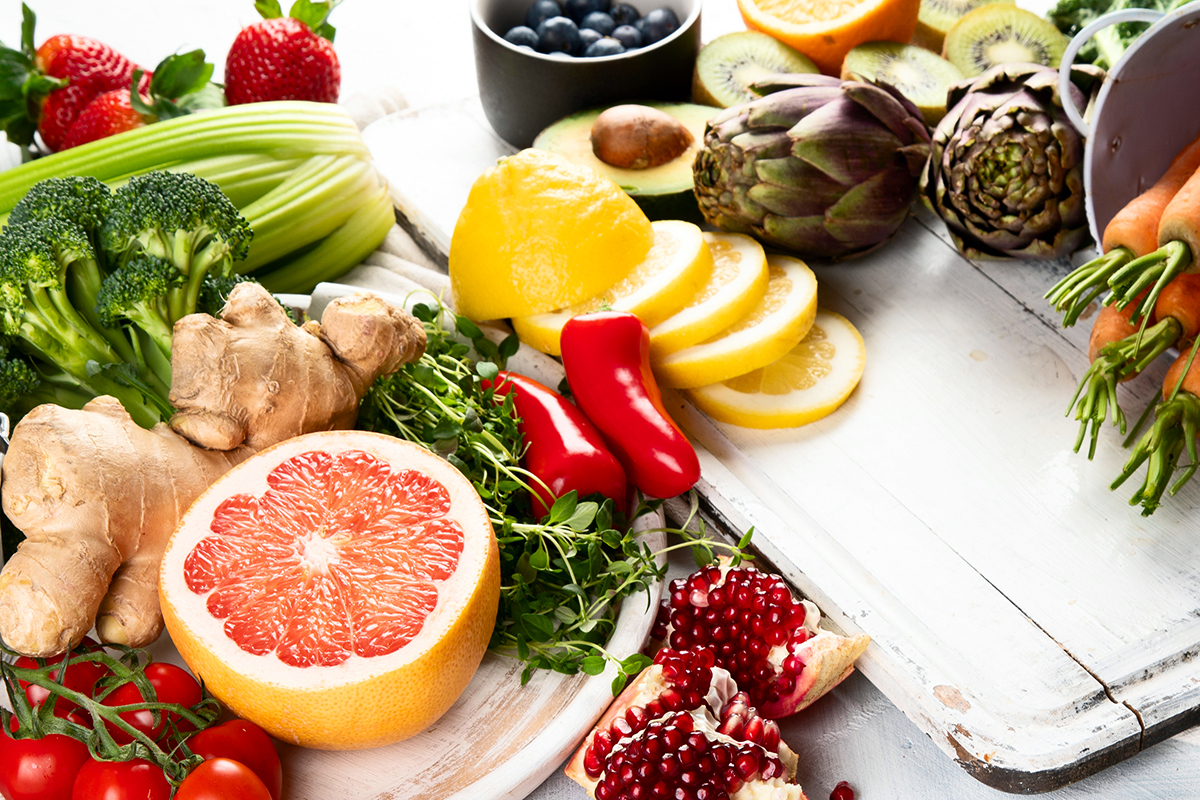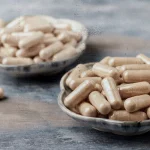The Mediterranean diet is widely recognized as good for the health of consumers and the planet.
Studies have shown that people with foodborne illness show more severe symptoms than the new coronavirus, so maintaining a healthy diet is more important than ever, suggesting that obesity may reduce obesity. Due to the pandemic, the World Health Organization recommends that adults follow the Mediterranean diet to stay healthy.
Despite this advice, organizational constraints often limit the availability of fresh fruits and vegetables. For those without access to fresh produce, affordable supermarkets and transport, maintaining a healthy diet can be challenging.
To overcome these differences. Governments and non-profit organizations are working on various initiatives. Promote the consumption of nutritious foods and reduce the incidence of non-communicable and food-borne diseases. To celebrate Mediterranean Food Month, Food Tank highlighted 14 government and non-profit programs around the world that promote a plant-based diet.
-
Barilla Food and Nutrition (BCFN), Italy
The independent think tank Barilla Food and Nutrition Center (BCFN) conducts various studies and programs to promote the Mediterranean diet. Between 2016 and 2018, BCFN organized three workshops in three parts on connected Mediterranean food and sustainable food. BCFN runs educational programs such as sCOOL Food to help students understand the importance of healthy eating for themselves and for the planet.
-
Eat smart, live hard, America
The Supplemental Nutrition Education Assistance Program (SNAP-ED) offers the Eat Smart, Live Strong program to help low-income adults include more fruits and vegetables in their daily diets. The program emphasizes the need for physical activity to help participants meet US dietary guidelines set by the United States Department of Agriculture (USDA).
-
Food and nutrition policy and action plan
The WHO Food and Nutrition Policy and Action Plan, adopted in 2014, aims to reduce the number of foodborne illnesses, obesity and non-communicable diseases in participating EU countries within the table. In public health and nutrition policies, Member States have therefore introduced a diet rich in fruits, vegetables and whole grains. And find ways to make these products more affordable.
-
Institute of Nutrition, USA
The Nutrition Institute in Sacramento, California runs a program that encourages students to eat vegetables to improve their diets and protect the environment. In low-income communities, the center provides weekly nutrition education as an after-school program. In 2015, 81% of participating students knew how to make healthy food choices for themselves.
-
Happy Foods, United States
Feeding America is focusing on Food to Eat (F2E) as part of its strategy to add nutrition to food banks. All of these foods are part of the Mediterranean diet and include legumes, vegetables, fresh fruit, whole grains and lean meats. Food banks across the country have ways of highlighting healthy options for those seeking more.
-
Fresh fruit and vegetable program, USA
The USDA Fresh Fruits and Vegetables Program (FFVP) offers free breakfast cereals to eligible elementary school students. FFVP aims to introduce unfamiliar fruits and vegetables to children. Increase consumption of fresh fruit and vegetables and promote healthy school lunches. On average, students participating in the FFVP eat 1/3 more fruits and vegetables per day than students in non-participating schools.
-
Ministry of Health of Israel
The Israeli government has organized a national program to ensure access to healthy food. In 2016, the Ministry of Education banned sugary foods and drinks. High-fat school meat and dairy products are intended to replace these meals with tuna, fresh grains and low-fat dairy products. This allows consumers to easily identify foods that meet national dietary recommendations.
-
Meznil, Mediterranean
THE MADSNAIL International Slow Food Programme, the main Mediterranean food innovation network, aims to develop small-scale agriculture. The program addresses rural poverty, loss of local food crops, and invests in small rural enterprises by promoting social and environmental sustainability in the business process. From 2014 to 2020, Madsnail promotes dishes inspired by the Mediterranean diet. It is rooted in a unique food culture and lifestyle.
-
Healthy eaters (peaches), United States
The Healthy Food Trust’s Eat and Cook program partners with SNAP-ED to educate low-income families in Pennsylvania about healthy eating and nutrition. Their education program is for all ages and helps communities and schools promote healthy eating. Schools that participated in the trust’s nutrition education program had a 10.3% reduction in pupil obesity after two years.
-
Growth Structure, USA
The Gross Project uses education and mapping to help children improve their health. A Virginia farm increases local access to food by selling it at farmers markets in 60 Grows dimensions After participating in Project Grows in 2018, 79% of students said they were willing to try fruits and vegetables see new ones.
-
Food Bank, Rhode Island, USA
The Rhode Island Food Bank offers courses on nutrition as part of its core nutrition education program. Customers can also cook healthy meals at participating locations. The food bank also provides nutrition education for staff and volunteers in hopes of spreading the message to the Rhode Island community.

-
School of Fruit, Vegetable and Dairy Policy, European Union
Fruit, vegetable and dairy school programs from all EU countries. The goal is to provide students with access to fruits, vegetables and dairy products. and to strengthen education in nutrition, in 2019, the success of the program has served nearly 20 million students. The EU invested $70,000 more in the scheme than last year, with around $275 million invested in fruit, vegetables and dairy products in 2020/21.
-
Dietary Guidelines for Exercise and Spanish Obesity Prevention (NAOS), Spain
In 2005, the Spanish Ministry of Health and Consumer Affairs created the NAOS to reduce obesity through the Mediterranean diet, and in 2019 the Spanish government adapted its dietary standards to the NAOS framework promoting a varied diet including fruits, vegetables, vegetables low-fat dairy products, nuts and olive oil.
-
Nafe RX, USA
Wholesome’s Rx helps doctors prescribe affordable fruits and vegetables to low-income patients. A balance of fresh and unhealthy foods. In 2018, over 13,000 people benefited from the program, with 69% of participants reporting an increase in fruit and vegetable intake.











